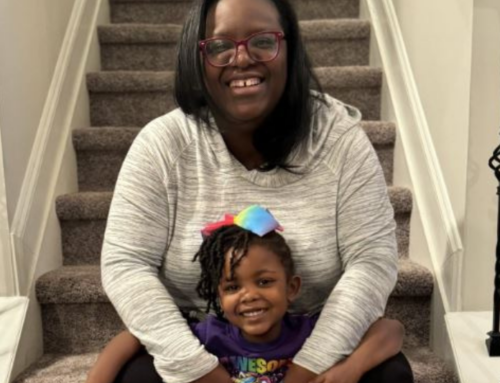A U.K. study in The Lancet — a weekly, peer-reviewed medical journal — found that COVID-19 might have long-lasting impacts beyond the physical. It showed that in data of over 236,000 COVID-19 survivors, one-third developed mental health or brain disorders. In honor of National Minority Health Month, Change Matrix is highlighting this study to promote mental health awareness — especially during this time of uncertainty due to the pandemic.
“Overall, COVID-19 was associated with increased risk of neurological and psychiatric outcomes, but the incidences and HRs [hazard ratios] of these were greater in patients who had required hospitalisation, and markedly so in those who had required ITU [intensive therapy unit] admission or had developed encephalopathy, even after extensive propensity score matching for other factors (e.g., age or previous cerebrovascular disease),” reads the study.
This study used an electronic health records network to investigate “the incidence of neurological and psychiatric diagnoses in survivors in the 6 months after documented clinical COVID-19 infection.”
These records were then compared with the “associated risks with those following other health conditions.”
“We explored whether the severity of COVID-19 infection, as proxied by hospitalisation, intensive therapy unit admission, and encephalopathy, affects these risks,” the study reads. “We also assessed the trajectory of hazard ratios across the six-month period.”
In a Fox 13 Tampa Bay article on the study, Dr. Glenn Currier, the chair of the College of Medicine Psychiatry and Behavioral Neurosciences at the University of South Florida, talked more about the neurological and psychiatric outcomes related to COVID-19.
“The psych burden tended to decline a little over the six months that they studied people, that’s all they did, it was still there at the end. So it’s not like it always goes away on its own. You might need help with it,” Currier said.
He went on to say that awareness of these links is growing in the medical community.
“… And it’s up to us who work in specialty areas such as psychiatry to organize care that’s appropriate for folks,” Currier said.
Read the full study online at this link.




